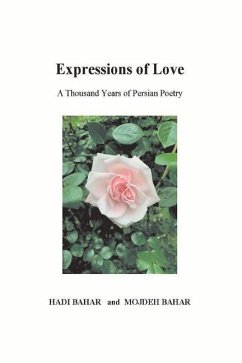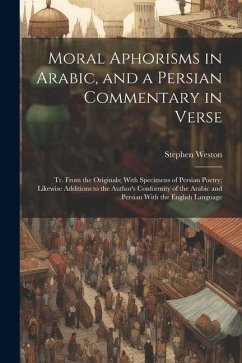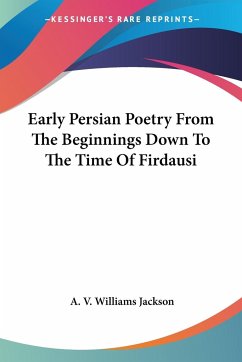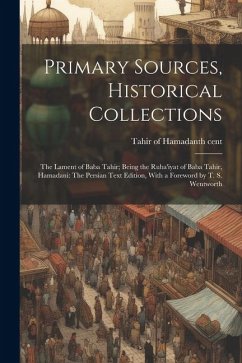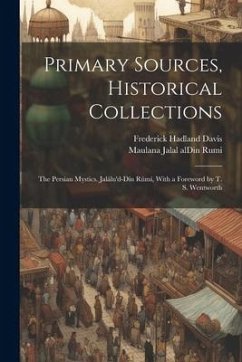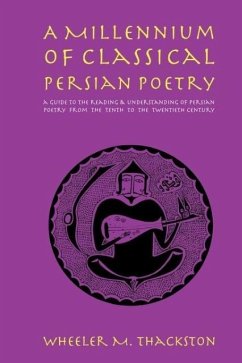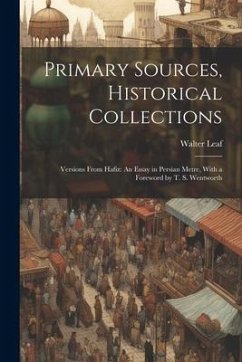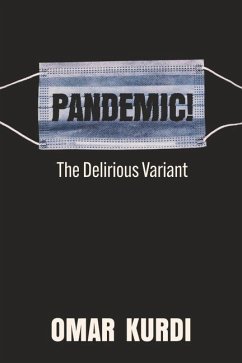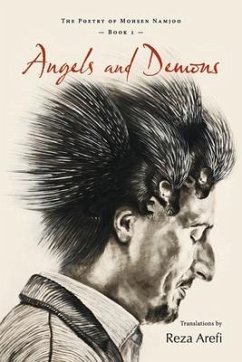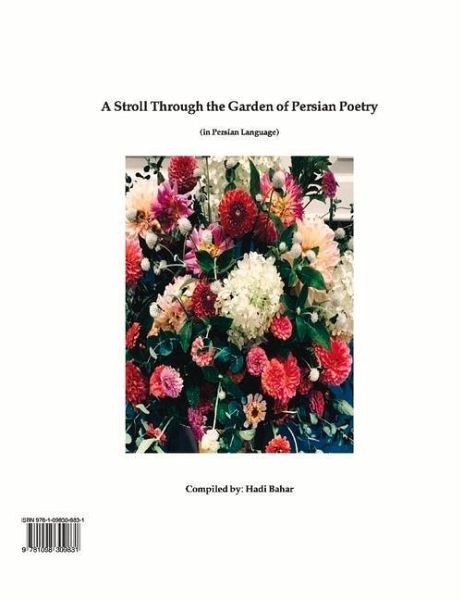
A Stroll Through the Garden of Persian Poetry: (In Persian Language)
Versandkostenfrei!
Versandfertig in über 4 Wochen
22,99 €
inkl. MwSt.

PAYBACK Punkte
11 °P sammeln!
In the classical Persian tradition, the concept of literature was almost synonymous with poetry. Prose was used for utilitarian purposes, particularly in religion, government affairs and in scientific papers. The structure and form of classical verse is based on the distich (couplet) called a bayt, which consists of half lines that are metrically identical. Persian metrics are based strictly on the number of syllables. This compilation includes selected bayt s from classical poets such as Rudaki, a ninth century Persian poet often referred to as the father of post-Islamic Persian poetry, Hafiz...
In the classical Persian tradition, the concept of literature was almost synonymous with poetry. Prose was used for utilitarian purposes, particularly in religion, government affairs and in scientific papers. The structure and form of classical verse is based on the distich (couplet) called a bayt, which consists of half lines that are metrically identical. Persian metrics are based strictly on the number of syllables. This compilation includes selected bayt s from classical poets such as Rudaki, a ninth century Persian poet often referred to as the father of post-Islamic Persian poetry, Hafiz, Saadi, Ferdowsi, Nizami, Attar and many others. Also included are examples of contemporary and modern poetry, which unlike the classical poetry, is an entirely free and unbounded form. The giants of this new form of poetry are Nima, Shamloo, Farrokhzad and Sepehri.



